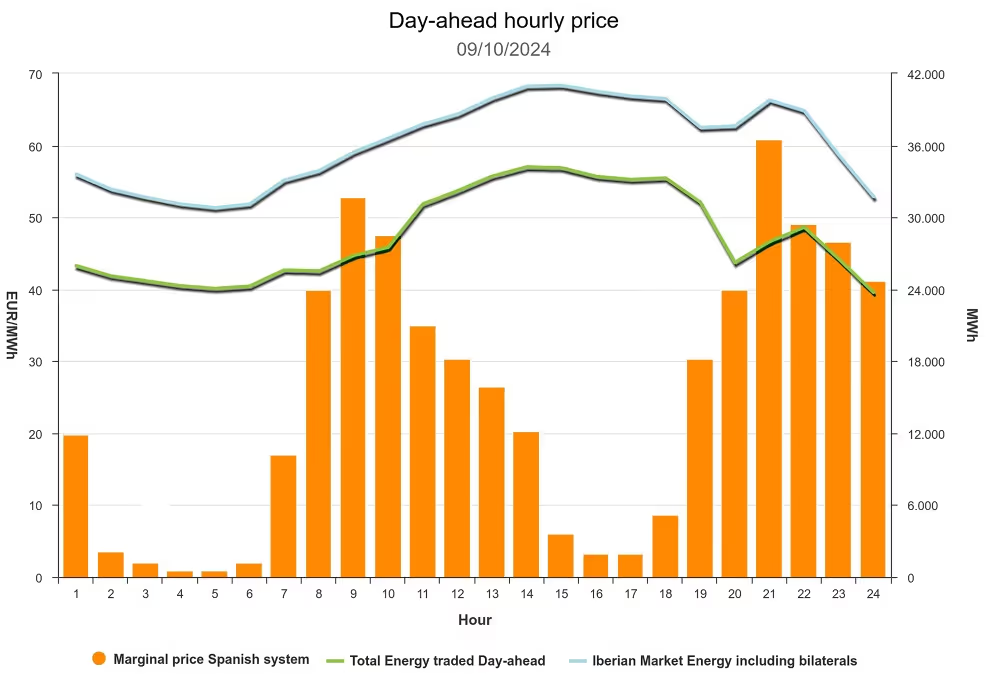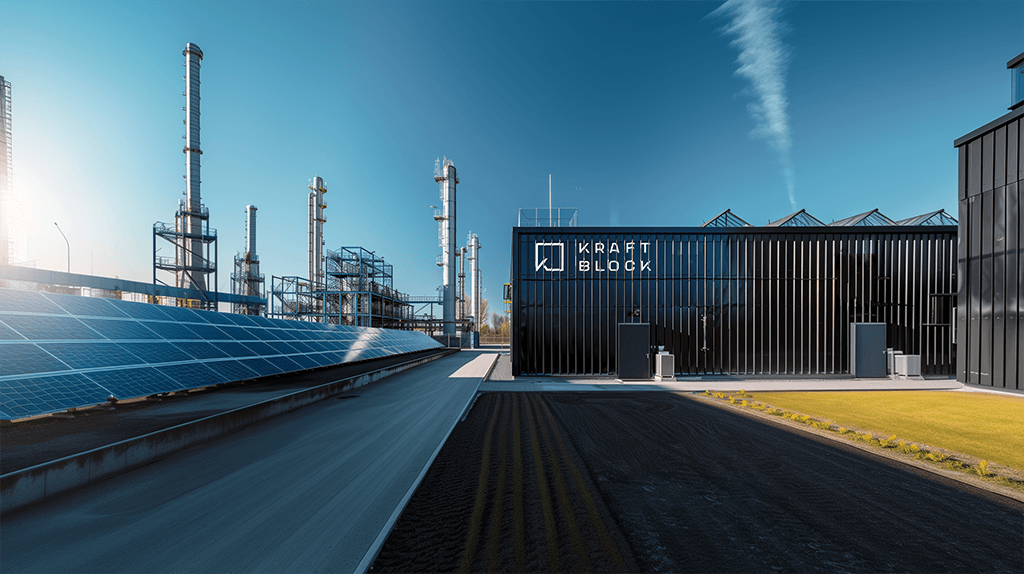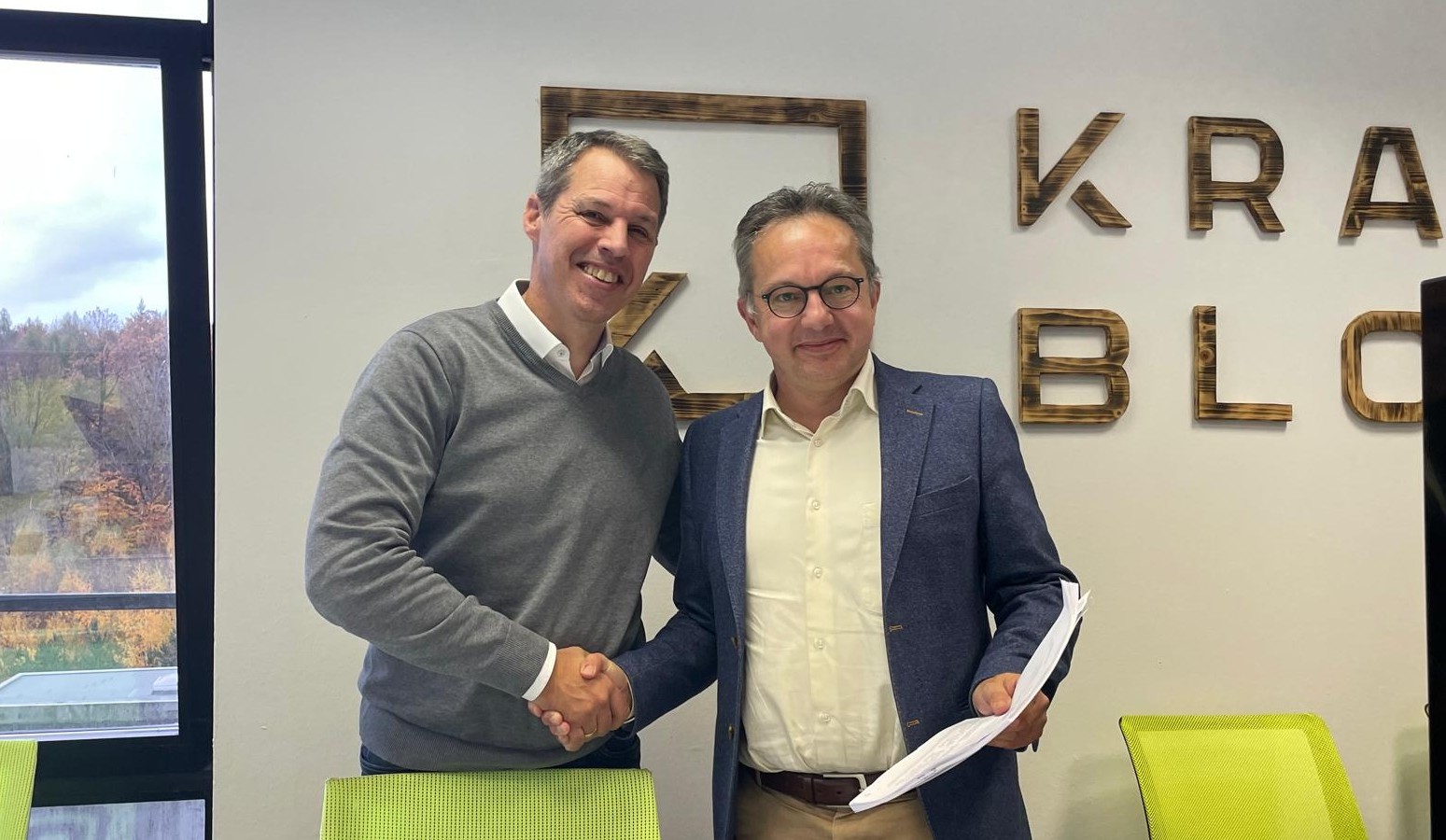Best Practice: Industrial Decarbonisation with Thermal Energy Storage
The RES Project “Volt” in the Netherlands replaces gas with flexible electrified process heat.


How to fry potato chips with clean energy
Reducing 98% of the factory’s emissions





Project data
Units
Two units in the first phase, five in total are planned.
Charging
Each unit can charge 4.5 MWel
Storage capacity
35 MWhth per unit
Discharging
Upto 4.5 MWth per unit (can be combined)
Emissions saved
8,500 t CO2e (2 units) resp. 17,000 t CO2e (5 units)
Emissions saved in %
51% respectively 98%
The Business Model of Thermal Storage
How to reduce energy costs


A thermal storage in combination with electrification allows for a great cost reduction compared to direct electrification. This is due to the business model of thermal energy storage systems. Unlike with direct electrification, there is a great flexibility in purchasing electricity for the use of process heat.
In the day-ahead or intra-day market, the electricity purchase can be aligned with the cheapest available hours. The Kraftblock storage transports the low prices to supply the industry later and avoids peak prices. Thus, operation costs are well below the average.
In the case of a PPA, flexibility also helps to improve pricing. As the supplier uses the same market mechanisms, a storage is a great tool for him to store negative prices. Thus, the PPA with flexibility from Kraftblock is cheaper than a normal PPA.
Finally, if an industry has its own power generation assets, they can use the surplus in the Kraftblock system instead of selling the electricity for less. This way, they maximize their use of their own energy.
In our whitepaper on flexibility we show, how drastic the cost reduction of electrification with storage are.
Electrification with Thermal Storage
Discover the Kraftblock heat battery system


Thermal Storage for Every Industry
Use renewable heat in your process
Food
- Industrial bakeries
- Dairy industry
- Sugar and sweets
- Meat
- Processed Food
Drinks
- Breweries
- Distilleries
- Coffee roasting
- Sterilizing processes
- Pasteurizing
Pulp & Paper
- Steam for calendar drying
- Digester
- Hot air for drying hood
- Optimization of power plants
Chemical industry
- Acrylic acid
- Disinfection
- Rectification
- Biodiesel
Heavy industries
- Preheating ovens
- Smelting (zinc, aluminum)
- Metal processing (annealing, tempering)
Other applications
- Bitumen heating (asphalt)
- Drying bricks/ceramics
- Steam for textiles
This project is supported by the German Federal Ministry for Economic Affairs and Energy as part of the Renewable Energy Solutions Programme of the German Energy Solutions Initiative.



